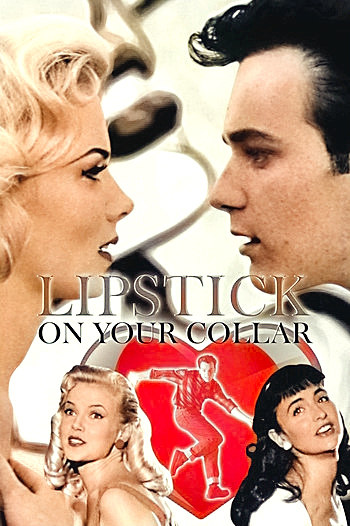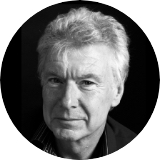We used to live in Twickenham. A strange place with characterless, empty outlets and more charity shops per square inch, a large Poundland, a butcher that hung large dead wild animals outside his shop and the best hidden riverside walks in South West London. It also boasted Twickenham Rugby stadium, a place that appeared to loom both physically and politically over the town especially when funding came into play. The number of shops that suddenly opened when there was a World Cup or short run of National games scheduled and then close three weeks later was staggering and extremely depressing. And if you found yourself driving through this affluent ghost town, you would never really know that the river even existed.
But close to where we lived there was Twickenham Studios: A real piece of history. Originally established in 1913 it was famous not only for Productions such as Hard day’s night, Blade Runner and a Fish called Wanda, but had one of the best post production facilities in the UK.
One day I got a call to ask if I was available to help with Denis Potters’ latest production “Lipstick on your collar”. Having seen his previous stuff I knew that he didn’t commission music in the conventional way. His audio stamp was often to use old, evocative and existing music tracks to accompany the disturbing and often conflicting action on screen. But how could I refuse especially when they were in production at Twickenham Studios, a short walk from my home. I knew the director, Rennie Rye and also some of the production team, so I went along not really knowing what to expect but excited all the same.
It didn’t take long to discover that this was no ordinary or straight forward composing job. In fact, there was no music required that hadn’t already been written. I was asked to find, coordinate and rehearse a ‘showband’ that would appear in several episodes. To record several recognisable tracks to sound live and convincingly imperfect, and to work alongside Ewan McGregor who was featuring in his first major role, and show him how to mime playing the drums in a convincing way. These were all firsts!
The great thing about this was that I was invited onto the set to watch the action especially when the musicians were involved and keep an eye on their miming and make sure their performances were convincing. And all of this happening only a few blocks from where I lived. Exciting stuff!
I kept on asking myself if this was what I’d signed up for. As a composer I was familiar with writing and submitting pieces of music but the mechanics of acting and miming were slightly unfamiliar. When it came to inviting Ewan to my own humble studio, setting up a small drum kit, and instructing him in the skills of playing like an uninterested bored club drummer, I felt I was really in surreal territory and guilty that I was being paid to do such a strange and somewhat disconnected job.
But the most fun was that I was meeting and working alongside so many really great people. Writing and composing is a lonely affair and many hours can be spent with no physical contact and only your inner, often, voices to accompany you. With this experience, I was with musicians on set and being asked to manage, guide, instruct and perfect performances that would finally be seen as a whole production.
It taught me never to question any job. It was all part of this strange thing we call The Music Industry. The creative process can take many twists and turns and our own personal journey can sometimes surprise us. Always be ready and say yes even if it’s making the coffee or sweeping the floor! You just never know!


